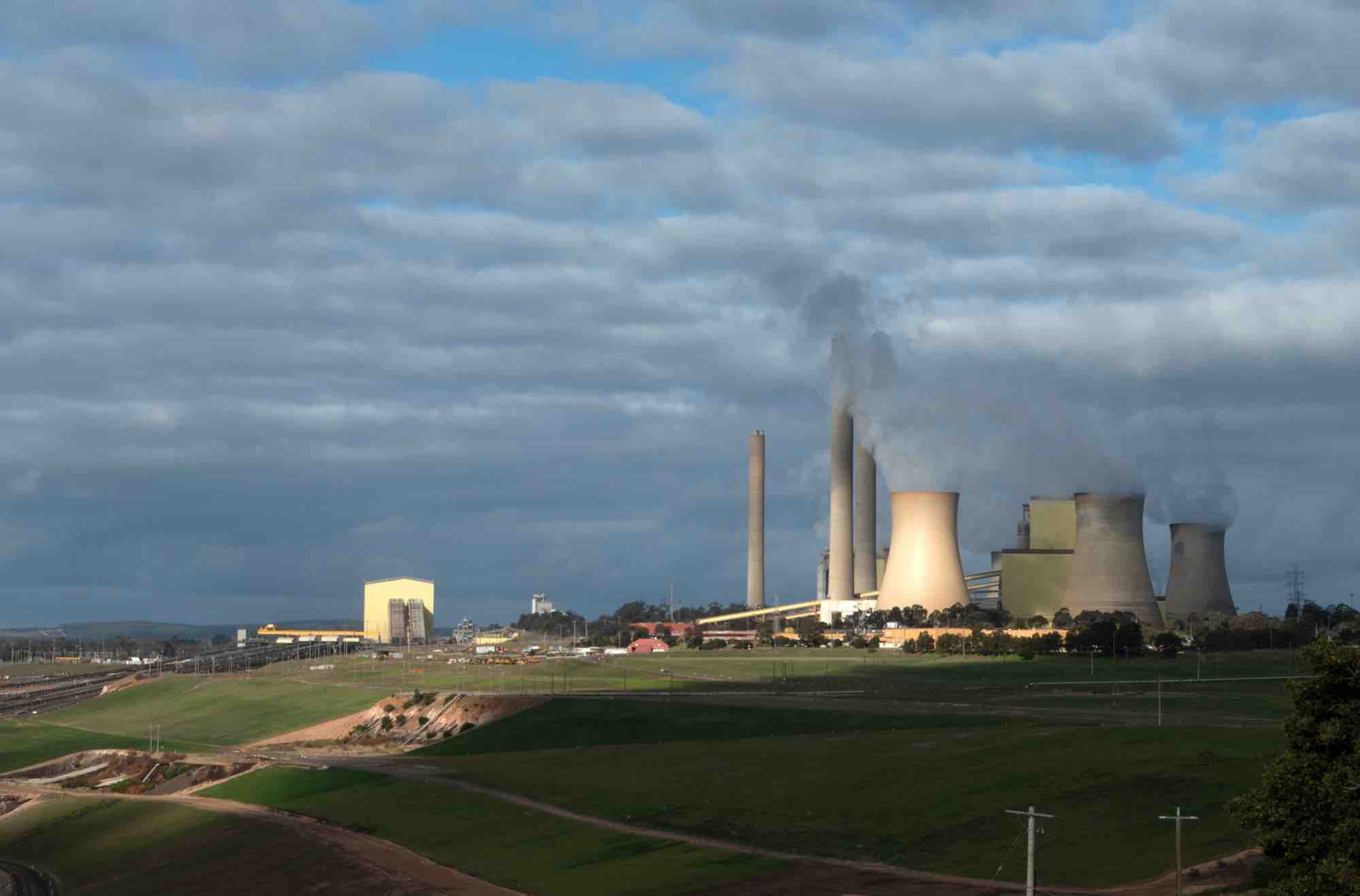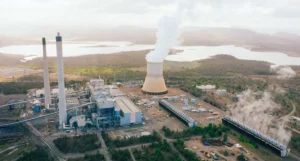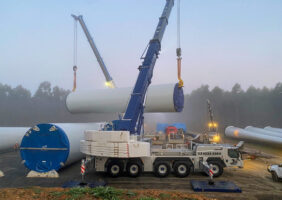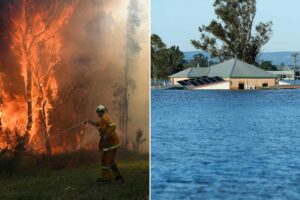Major Australian businesses are failing to meet global standards for net zero targets, according to new research, and less than half of 10 prominent firms analysed were on track to meet their own climate goals.
The study, conducted by the University of Sydney’s Institute for Sustainable Futures, also found none of the corporations surveyed planned to phase out fossil fuels, and only three had environmental goals that had been verified to meet a 1.5-degree global warming target.
Advocacy group Climate Integrity, which commissioned the research, said the findings proved the federal government needed to change the way businesses set environmental goals and how regulators ensured they were met.
The study investigated the net zero plans of 10 Australian firms, including energy and mineral companies AGL, Origin, Rio Tinto, South32 and BlueScope Steel, as well as Woolworths, Qantas, Telstra, Coles and Cleanaway Waste Management.
It found all 10 companies fell short of the standards for net zero plans set by the United Nations High-Level Expert Group, as none had a comprehensive, quantified, funded and independently verified plan for reducing emissions that would meet a 1.5-degree pathway.
The study also found only three firms – Woolworths, Coles and Telstra – had plans verified to meet scientific targets, and only four – Qantas, AGL, Coles and Telstra – were on track to meet their own interim emission-reduction goals.
The research also found half of the firms were using carbon credits to achieve reductions, and reporting on emissions often lacked transparency.
UTS Institute for Sustainable Futures research director Alison Atherton said while Australian firms should be commended for adopting net zero plans, regulations were needed to ensure they achieved the necessary change.
“The report provides a clear picture that transition plans of major Australian companies fall short of international best practice recommendations,” she said.
“We need to focus on ensuring that those plans have integrity and align with what the science on climate change demands.”
Ms Atherton said the lack of commitment to phase out the use of fossil fuels in any of the plans analysed was “especially concerning”.
Climate Integrity director Claire Snyder said the report proved the federal government needed to introduce “urgent reforms” to ensure net zero targets were meaningful and being met.
“Delay, selective scope reporting, unverified targets, offset over-reliance and unfunded transition plans are derailing progress and leaving the public in the dark,” Ms Snyder said.
“The findings in the report underscore the urgent need for new rules to keep businesses accountable in their transition to zero emissions.”
The report made five recommendations, including uniform standards for net zero plans, transparent reporting, and oversight from government agencies to enforce standards.
The federal government has committed to cutting carbon emissions by 43 per cent in 2030, based on 2005 levels, and to reach net zero by 2050.
Source: AAP










